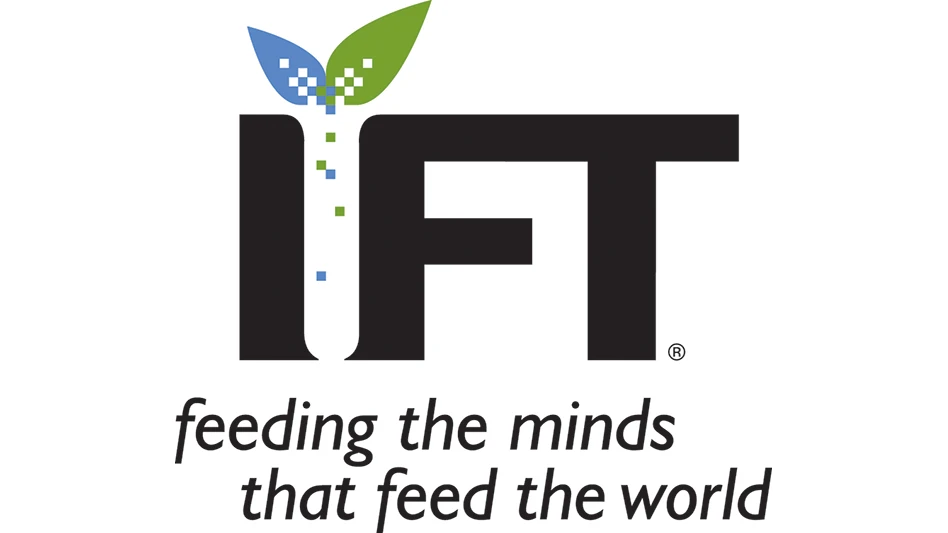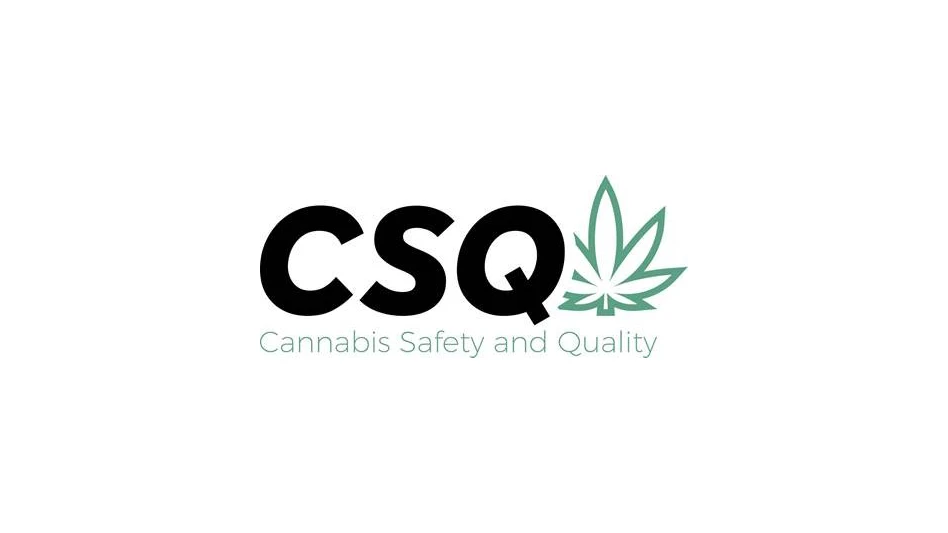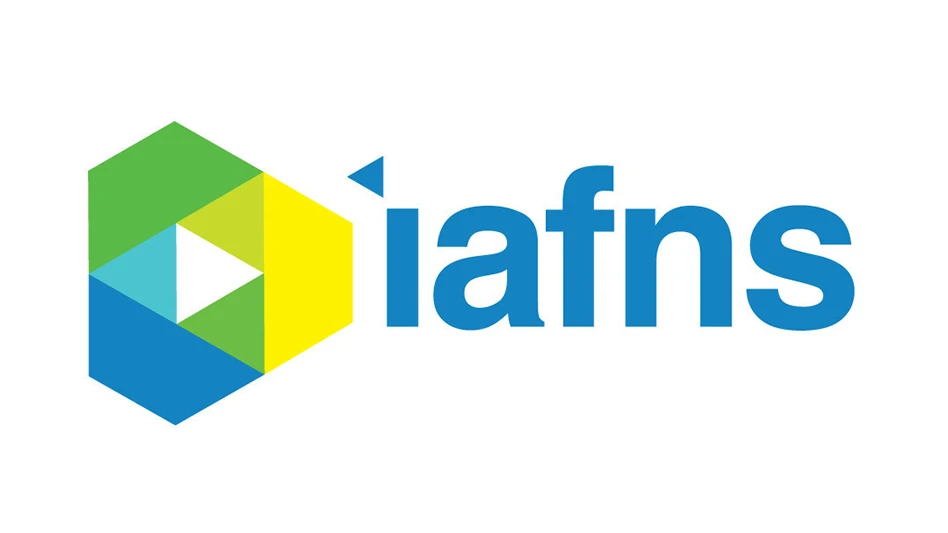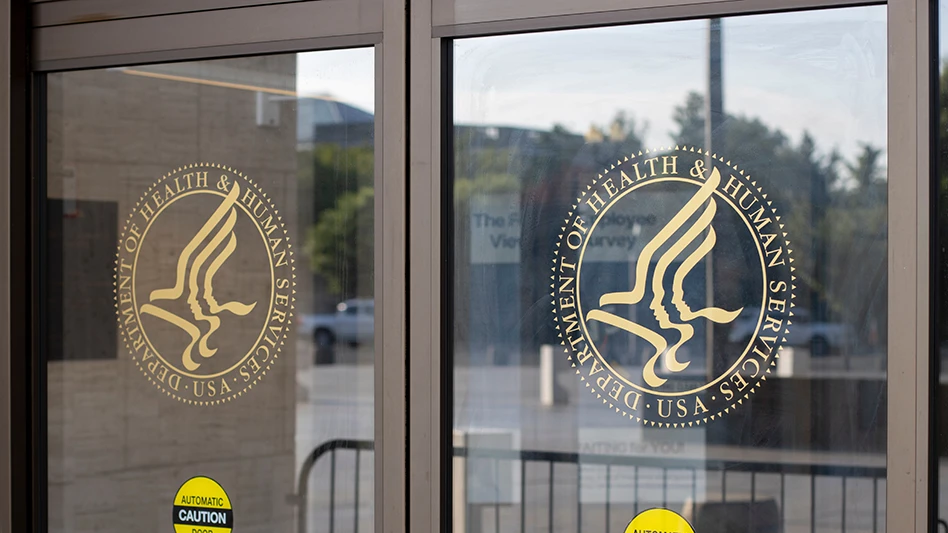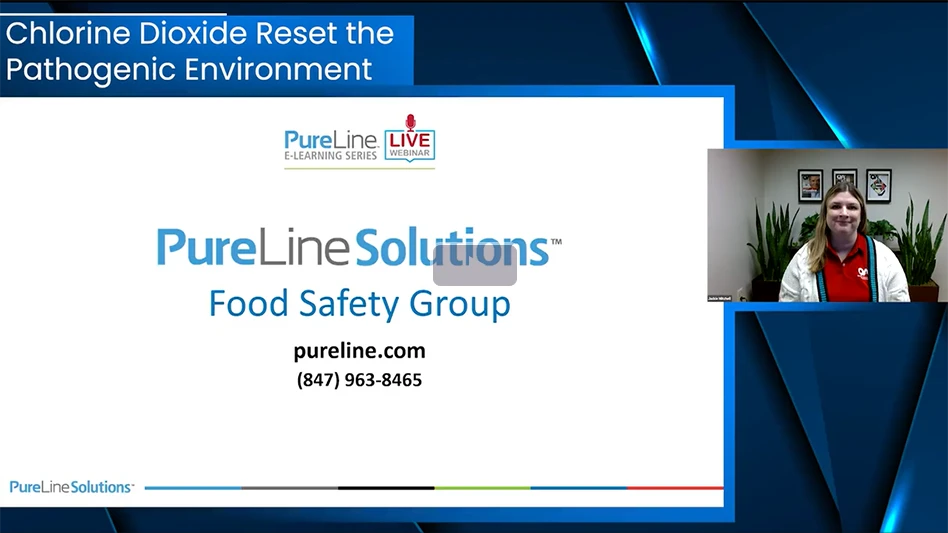
The U.S. Food and Drug Administration (FDA), in collaboration with the Environmental Protection Agency (EPA), announced the successful EPA registration of the first antimicrobial product using the revised efficacy protocol for pre-harvest agricultural water.
This registration, which the agency described as a landmark achievement in the collective efforts to improve food safety, marks the first approval of a treatment for use against foodborne pathogens, such as Salmonella and E. coli, in the agricultural water used to grow produce. The registration was made following ongoing work to develop and refine an efficacy protocol to support registration. Prior to this registration, chemical applications for use in pre-harvest agricultural water were limited to treatment for the management of algae and biofilm formation or produce rot, but this approval sets a critical standard for reducing the presence of human pathogens directly, said FDA.
Outbreaks of foodborne illness associated with the consumption of produce have highlighted the importance of having additional tools available for controlling foodborne pathogens in agricultural water. While farmers are not required to treat their agricultural water, treatment can serve as one option that can be used to help protect the safety of produce. As there were previously no EPA-registered antimicrobial products authorized for use against pathogens of public health concern in pre-harvest agricultural water, the availability of this product, as well as others that may be registered in the future, represent an important step towards providing farmers with additional tools to manage the safe use of their pre-harvest agricultural water, said FDA.
Utilization of this registered product aligns with the FDA’s new rule on agricultural water, offering a tool to combat foodborne pathogens. This is expected to significantly mitigate risks and improve the safety of the water used in growing crops, said the agency.
Developed and updated through a collaborative effort between FDA and EPA, the revised efficacy protocol supports the registration of antimicrobial treatment products for use against foodborne pathogens like E. coli and Salmonella in pre-harvest agricultural water.
Using the revised efficacy protocol, industry worked with the University of Arizona to leverage their expertise in taking the steps to successfully register the antimicrobial treatment for use against foodborne pathogens like E. coli and Salmonella in preharvest water. The University of Arizona also worked through its partnership with FDA to provide feedback on the protocol that has led to recent updates to optimize the testing parameters and to provide clarity for future users.
The FDA and EPA continue to encourage future registrations using this protocol for registering new treatment products or amending current labels for combating foodborne pathogens in pre-harvest agricultural water. This initiative is crucial given the diversity within the produce industry, so having a variety of options to manage pre-harvest water risks is essential, said FDA. Additionally, ongoing collaboration remains vital among the EPA, antimicrobial product manufacturers, the produce industry and academia, the agency said. These partnerships are fundamental in supporting the registration of additional products and advancing the shared goal of enhancing agricultural water safety to help ensure the supply of safe produce for consumers, said FDA.
Latest from Quality Assurance & Food Safety
- IDFA Commits to Eliminating Certified Artificial Colors in School Dairy Foods
- ACC Central Kitchen Recalls Pork Buns Due to Undeclared Allergen
- Kim Heiman Elected to Second Term as President of Wisconsin Cheese Makers Association
- FAO Launches $150 Million Plan to Restore Ukrainian Agricultural Production
- Pet Food Company Implements Weavix Radio System for Manufacturing Communication
- Penn State Offers Short Course on Food Safety and Sanitation for Manufacturers
- USDA Announces New Presidential Appointments
- FDA to Phase Out Petroleum-Based Synthetic Dyes in Food
